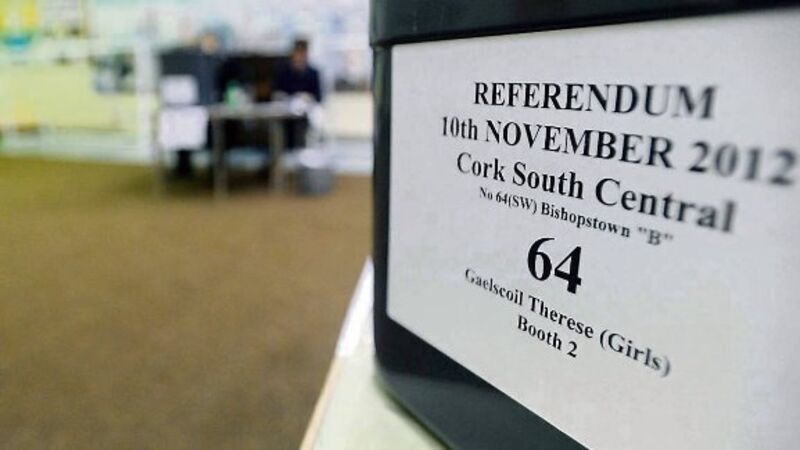Children now have a say in their lives, even in who adopts them

And so, what you decided then must now be enshrined in law. What’s more, it will influence law-makers into the future.
Above all else, it will ensure that in decisions affecting children, the rights of the child must matter most. Children must be heard and respected when their future is being decided.















